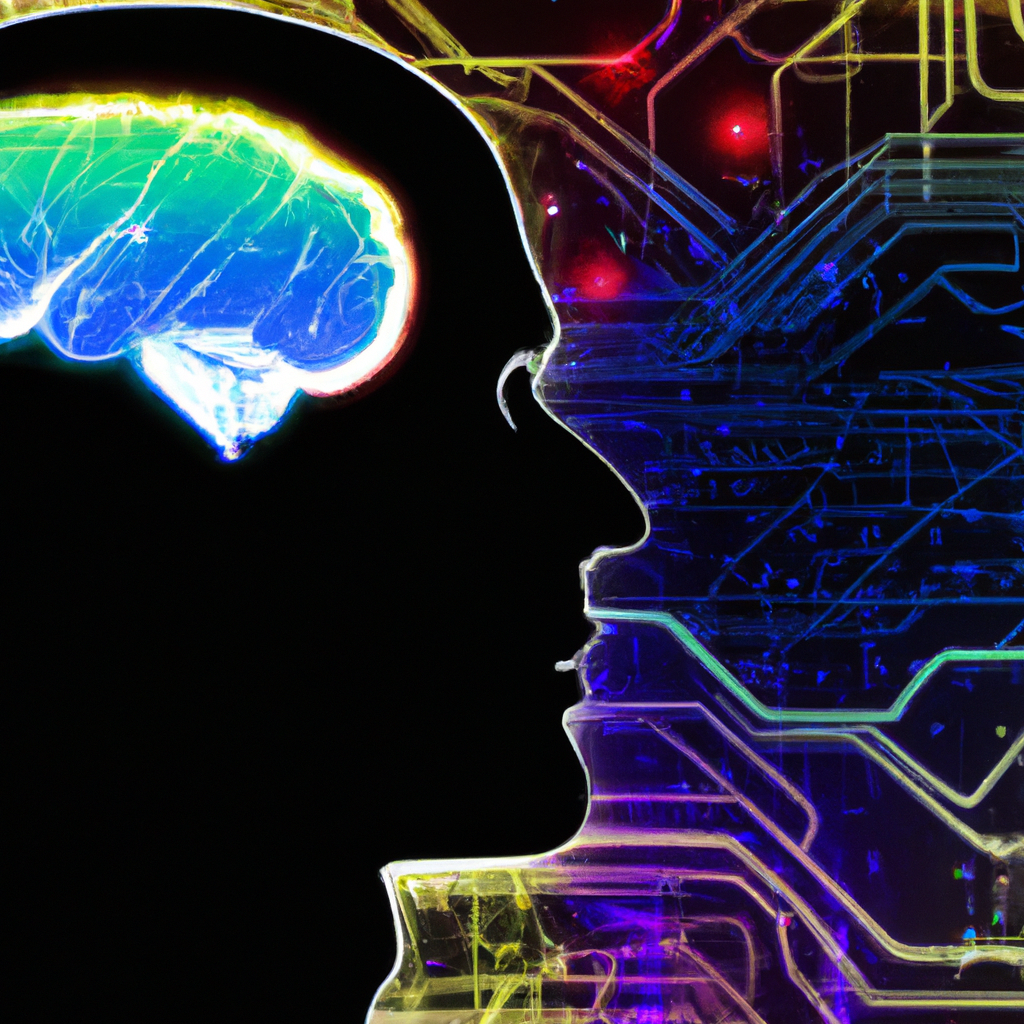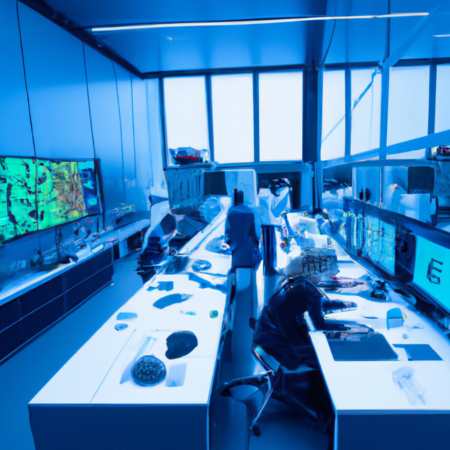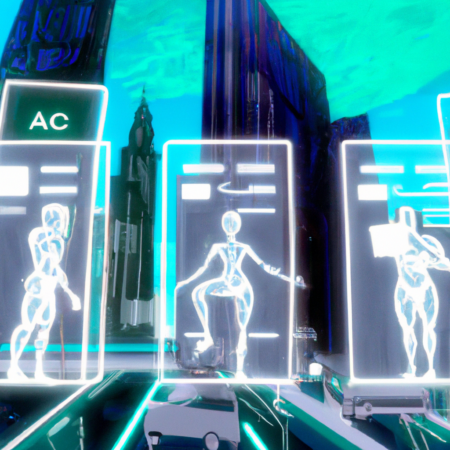Exploring the Intersection of Neuroscience and Psychology
In 2025, the study of consciousness continues to be one of the most exhilarating areas of scientific research, combining elements from neuroscience, cognitive psychology, and philosophy to unravel the mysteries of the human mind. This exploration is not just academic; it has profound implications for artificial intelligence, mental health, and understanding our own existence.
The Current State of Consciousness Research
Recent advances in brain imaging technologies and computational models have allowed scientists to observe the brain’s activity in unprecedented detail. The application of machine learning techniques in parsing these vast datasets is revealing new insights into how consciousness emerges from neural processes.
Philosophical Implications
As we decode the neural underpinnings of consciousness, the philosophical questions become more pressing. What does it mean to be conscious? Can machines ever achieve a level of consciousness similar to humans? These questions challenge our understanding of identity and ethics in the modern world.
Practical Applications
Understanding consciousness has practical applications in medicine, particularly in diagnosing and treating mental illnesses. Neuroscientists are now better equipped to understand how consciousness is disrupted in various psychological conditions, leading to more targeted therapies.
Future Directions
Looking ahead, the journey of exploring consciousness is bound to intersect with artificial intelligence research. The ultimate goal? To create machines that not only mimic human behavior but also exhibit signs of true consciousness, which could redefine our interaction with technology.
Conclusion
The quest to understand the human mind and consciousness is one of the grand challenges of modern science. As we continue to explore this complex topic, we not only learn more about ourselves but also how we relate to others and the machines we create.






